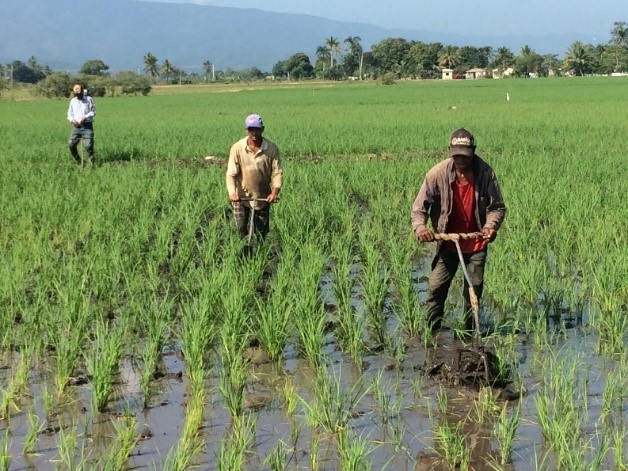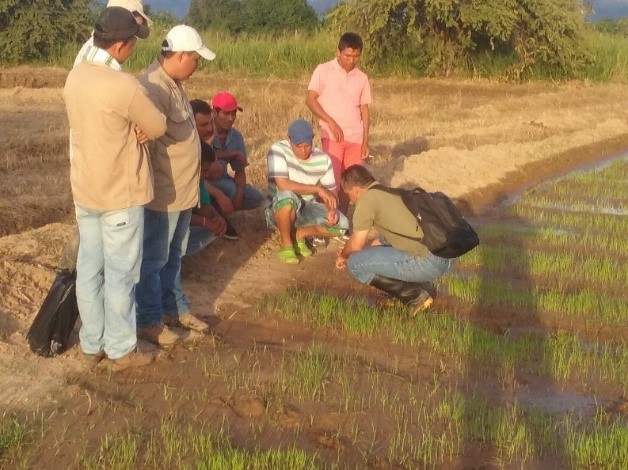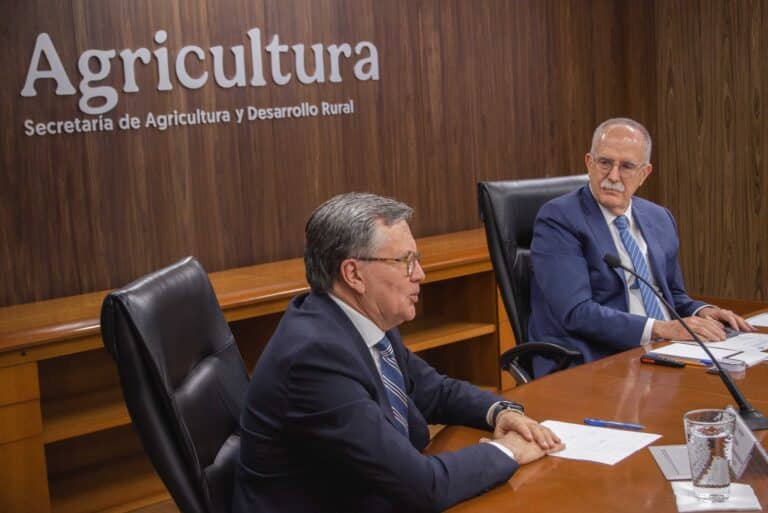The project has successfully completed its first year with almost 150 producers and technicians trained.

The project, Cultivate More with Less: Adaptation, validation and promotion of the System of Rice Intensification (SRI) in the Americas as a response to climate change, has successfully completed its first year. Five validation parcels with their respective controls, established in smallholder producers’ fields in Colombia and the Dominican Republic, have completed their first production cycle showing promising results. Almost 150 producers and technicians have been trained and many more have been exposed to the innovation.
Despite several start up challenges and a high learning curve, initial results demonstrate savings in water, inputs (especially seed) and production costs. The first cycles us
ed manual transplanting methods, but high labor costs are a significant barrier to successful implementation of SRI in the region. The project has thus obtained transplanters, automatic seeders and trays, and motorized weeders from Asia and will be testing them during the second cultivation cycle.

Emphasis will also be placed on improving knowledge and understanding of the principles of SRI, as well as adjusting the practices to suit the local contexts. Priority will also be placed on strengthening data collection to develop the evidence base for SRI in the region.
Challenging climatic conditions during planting, including an extended drought in the Dominican Republic and intense rainfall and flooding in Colombia, highlighted the urgency of continued innovation to enhance the resiliency of rice production in the face of the climate change impacts the region is and will continue to experience.
Financed by FONTAGRO and the GEF, the project is being executed by a consortium of partners including FEDEARROZ, CONIAF, IDIAF and IICA.
For more information, follow the project on the SICA-America Latina Facebook page or contact Kelly.witkowski@iica.int.
*This post appears in the IICA Delegation in the USA Newsletter – July – August 2016











